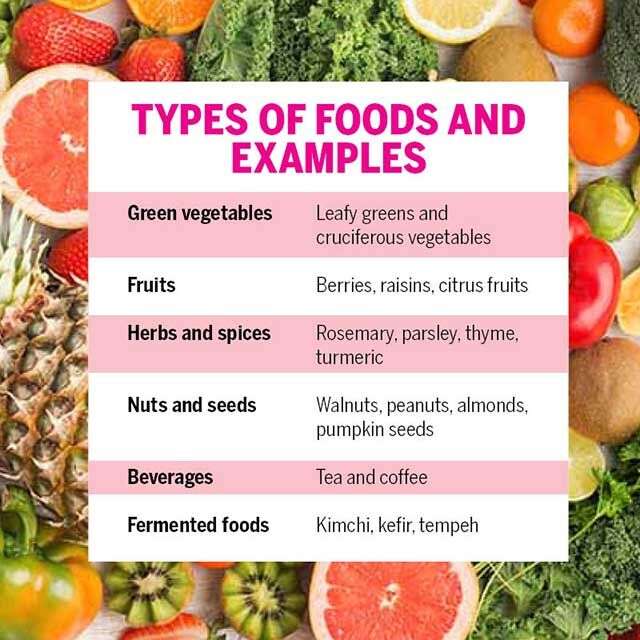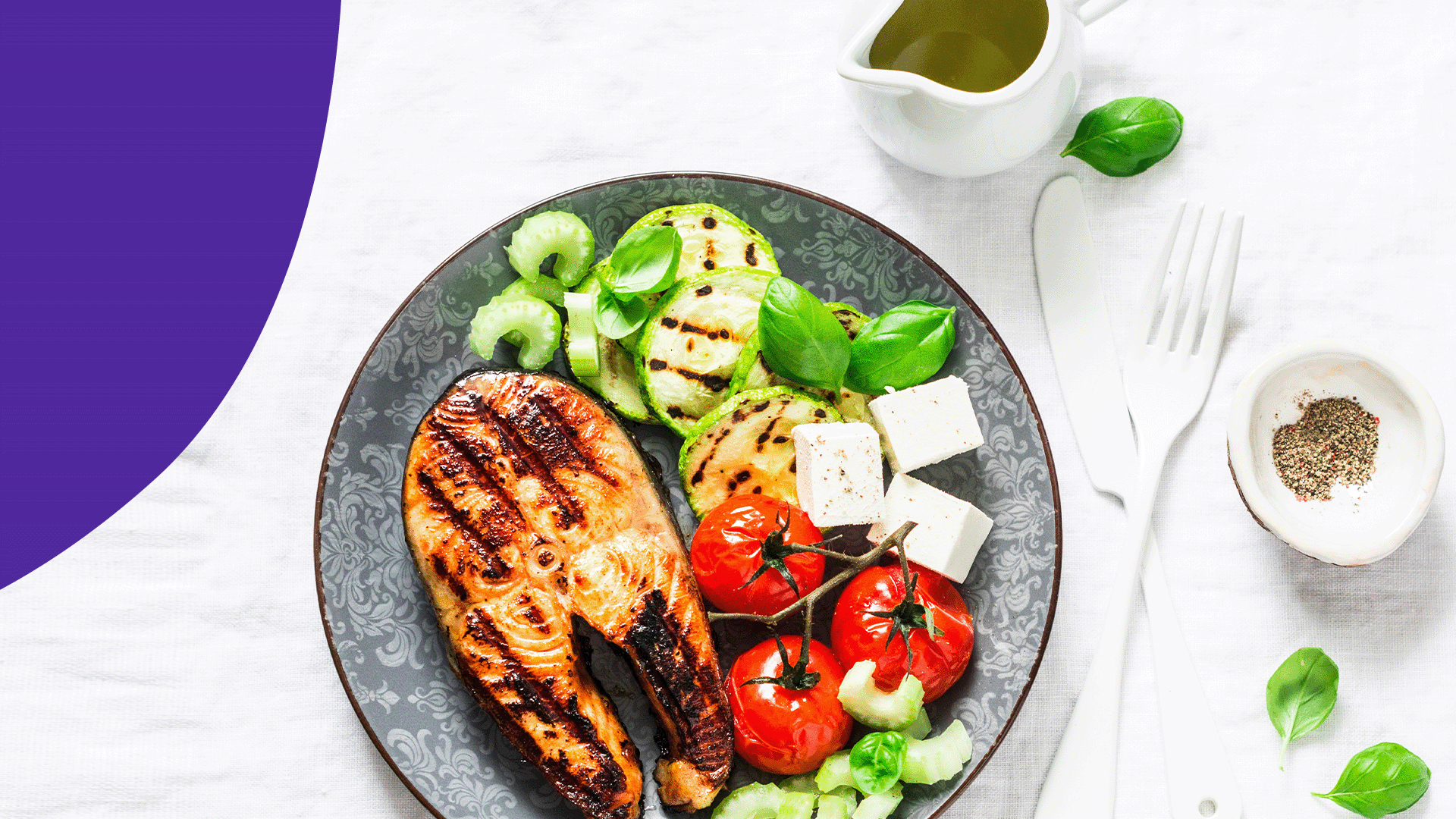
Research shows that around twenty-three percent of life expectancy could be attributed genetically, with the remainder a function of lifestyle and genes. However, the length of life of the average person hasn't changed much in the past few decades, despite the fact that the number of years that people live is increasing. There are many factors that affect the life span of a person. Exercise and healthy eating are two of the most important factors.
Although genetics is still a relatively new field, studies have shown that nutritional requirements can lead to longer life expectancy. The study also found that 25 per cent of variation in human lifespan can be attributed to genetic factors, and that many genes contribute to aging. Three genes have been associated with longevity, although they are still not fully understood. These are the APOE gene, the FOXO3 gene, and the CETP gene. These genes don't appear play a significant role in determining one’s life expectancy but are known to work together.

The average American lives for around eighty to eighty year. Asian-Americans live on average nearly 100 years longer. Black Americans have the shortest lifespans, but they tend to have a poorer health status. Men also have higher rates of diabetes, heart disease, and cancer than their white counterparts. However, women live longer than men. Although there are many theories as to why women live longer, all of them can be attributed to better health and less physical activity.
Although life expectancy is not determined by genes, lifestyle factors can play an important role. It is all about the lifestyle a person chooses, as well as the environment where they live and the foods they eat. Lifestyle is more important than genetics for determining how long a person lives. As they get older, they become more likely to be in good health and to avoid many age-related illnesses.
Environment, genetics, and lifestyle all play a role in the length of one's life expectancy. People with longer life expectancies are healthier than their counterparts. Their parents' lifestyle and environment are the main factors in determining the length of their lives. In addition, the diet and nutrition of people living in poorer regions can have a direct effect on their longevity. Although these factors are important, it is not always causal. If you want to extend your life, make sure to eat healthy foods. Those who eat a lot of fresh fruit and vegetables are also more likely to live longer.

Scientists have researched people who live to their nineties, and even into their nineties. They have the same lifestyles as those who live in their nineties and thirties. They don’t smoke, aren’t overweight and have no other health issues. But, they are more likely not to smoke. They are also good at managing stress. They tend to be women. You should also note that older adults with good health tend to live longer than their peers.
FAQ
Can I go to the gym seven days a week?
You can go to your gym seven days a semaine, but not simultaneously. You have to find a time where you can do this without feeling too exhausted and drained.
This will help you stay motivated and keep you energized for other activities.
It is important to eat right during these times. This will ensure you don't feel tired and sluggish when going to the gym.
Last, you must make sure that there isn’t another thing competing for your attention. It is possible to skip exercising on school nights if your children are involved.
How many calories do I need to eat each day?
This can vary from person to person. An average person needs 2000-2500 calories per day. Based on your age, gender, height and activity level, you will need to calculate how many calories you require.
What is the purpose of milk for men?
When you next buy milk, think of other uses. It might also help if you start drinking less coffee.
The benefits of milk have been demonstrated to be both beneficial to children and adults. Milk contains nutrients like vitamin D. Calcium, potassium, phosphorous, magnesium, and other essential nutrients.
It is also good for digestion and bone strength. People who consume dairy products have lower rates of illness and better immune systems.
Milk is also rich in lactose, so people who cannot digest this sugar easily can enjoy its benefits without experiencing stomach problems.
Consider drinking more milk, instead of sodas or juices. Your teeth and bones can be strengthened by drinking milk rich in vitamin D and calcium.
Plain low-fat milk can be used to make yogurt if you don’t like the taste. Yogurt is a great alternative to milk since it is lower in calories and higher in protein.
Yogurt also includes probiotics. These help in digestion and improve immunity.
If you're having trouble sleeping, try taking a glass of warm milk before bedtime. Warm milk relaxes muscles, increases serotonin levels and helps you get a good night of sleep.
Is Cardio Better Than Strength Training?
Both are equally great. But cardio is a much better choice if you want to gain muscles faster.
Cardio burns more calories per hour than strength training, and also burns more fat.
Strength training increases muscle mass but takes more time than cardio.
Statistics
- An estimated calorie range for moderately active adult males falls between 2,200 to 2,800 calories per day, depending on age. (eatright.org)
- According to the American Academy of Dermatology (AAD), men over 50 are at a heightened risk of developing it. (healthline.com)
- Are You One of the 20% of Guys (mh.co.za)
- By John Thompson Take a whopping 38% off a set of PowerBlock Pros. (menshealth.com)
- Cardmembers earn 5% Back at Amazon.com with a Prime Credit Card. (amazon.com)
External Links
How To
What nutrients do men need each day?
For healthy growth and development, men need to eat a balanced diet. The body requires vitamins, minerals, proteins, carbohydrates, fats, water, fiber, and other essential elements.
Males also require specific nutrients at certain times of the day. Your body makes hormones, antibodies and enzymes when you are asleep. When you wake up, your body uses protein to repair damaged tissue and build muscles.
At night, your body breaks down fat and stores the extra energy as glycogen. Your body will still need nutrients, but it will require fewer calories during this time. You may have an occasional snack during the evening hours if you feel hungry.
You need to eat enough carbs and protein when you exercise. You may feel sore muscles if you exercise hard.
To prevent this, you should eat carbs as well as protein within the first two hours after training. To get energy from glucose, your body will start to degrade stored glycogen.
After your workouts, you should eat protein immediately. This prevents muscle tissue being destroyed while you're sleeping.
During periods of intense physical activity, your body produces lactic acid. It builds up in your bloodstream, which can lead to fatigue. Avoid this by eating foods rich in carbohydrates such as fruits or vegetables.
Carbohydrates are a good source of energy to help you recover from hard exercise.
Additionally, lean meats, fish and eggs, dairy products, yogurt, cream, cheese, yogurt and beans can be added to your diet.
All of these foods have high-quality protein. Protein helps to repair and grow muscles. Protein also supplies the amino acids your body requires to make sex hormones, such as testosterone.
To maintain healthy skin, hair, and joints, you also need sufficient dietary fats. Healthy men need between 20% and 35% of their total caloric intake from fat.
Fat can help keep your heart healthy and protect you from cancer. Your brain also functions properly thanks to fat.
You can get most of the fat you need from vegetable oils like olive oil, sunflower oil, corn oil, soybean oil, peanut oil, and safflower oil.
These oils are rich in monounsaturated essential fatty acids (MUFAs). MUFAs are good for lowering cholesterol and reducing inflammation. They also protect your cells from damage caused by free radicals.
Saturated fats are found in animal products including meat, dairy products, butter and other dairy products. SFAs can raise LDL ("bad") cholesterol levels and increase triglycerides. They are also good for weight loss and belly fat.
Plant-based fats such as vegetable oils, seeds, nuts and grains contain polyunsaturated (PUFAs). PUFAs are good for your heart health and help to reduce inflammation. They can also control blood sugar levels and cholesterol.
Low HDL ("good") cholesterol can lead to erectile problems in men. High consumption of saturated fats increases bad cholesterol, which lowers the level of good cholesterol.
Red meat and pork are a common source of prostate problems in men who eat a lot. High temperatures can cause nitrates to become nitrosamines. These compounds can cause lung cancer.
Most processed meats contain nitrites or other harmful chemicals. They should be avoided.
The American Heart Association suggests that no more than two servings per week of red meat should be consumed. Instead, choose poultry, fish, legumes, tofu, whole grain bread, and cereals.